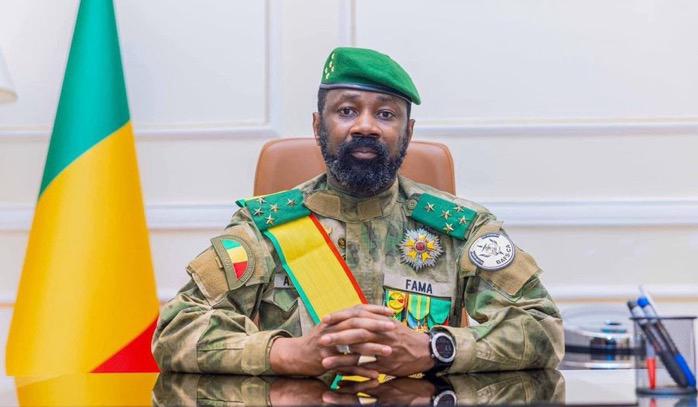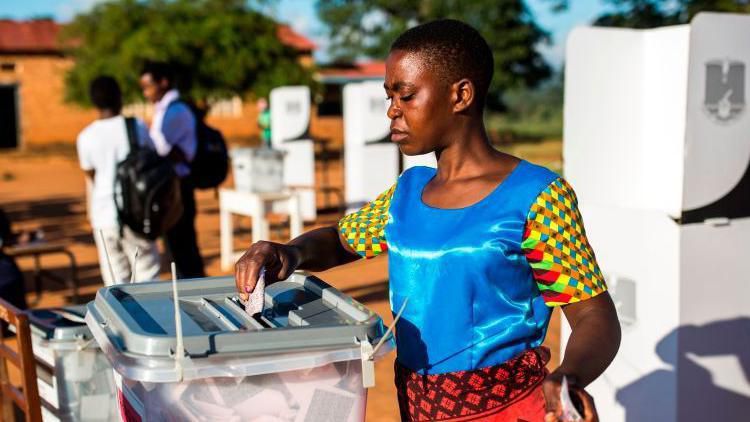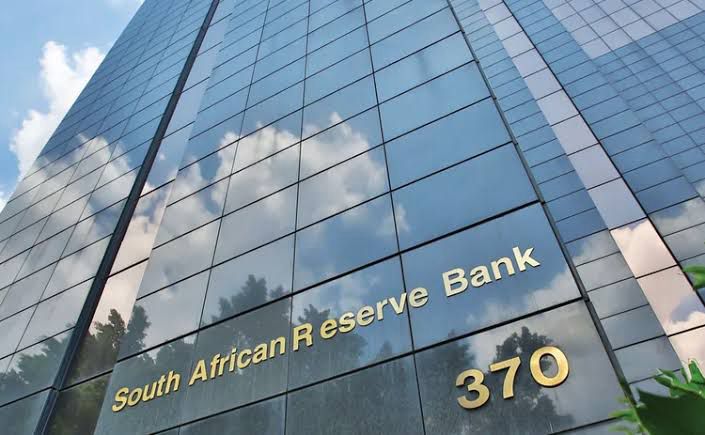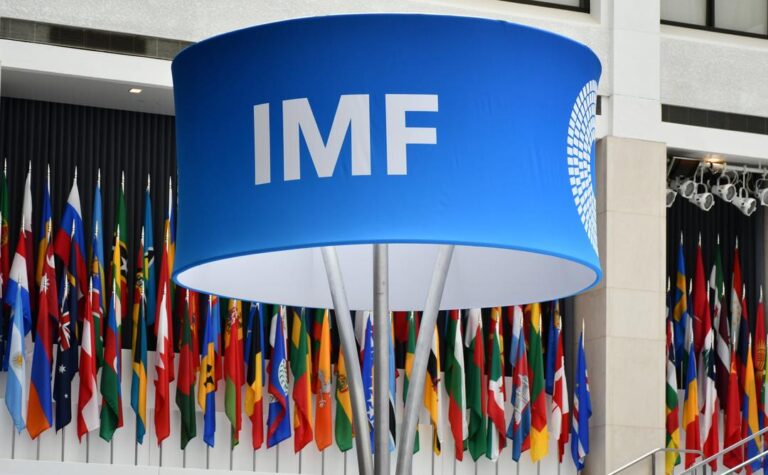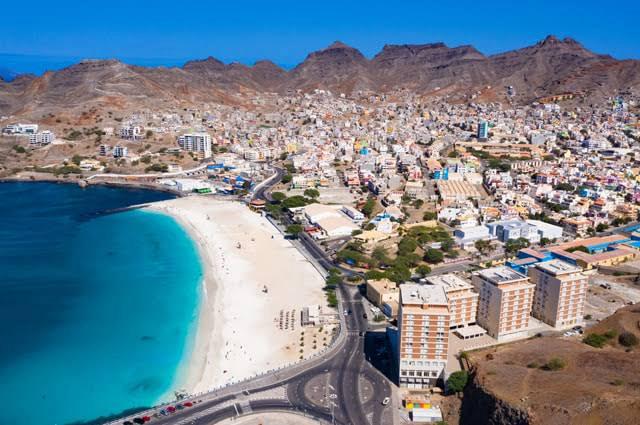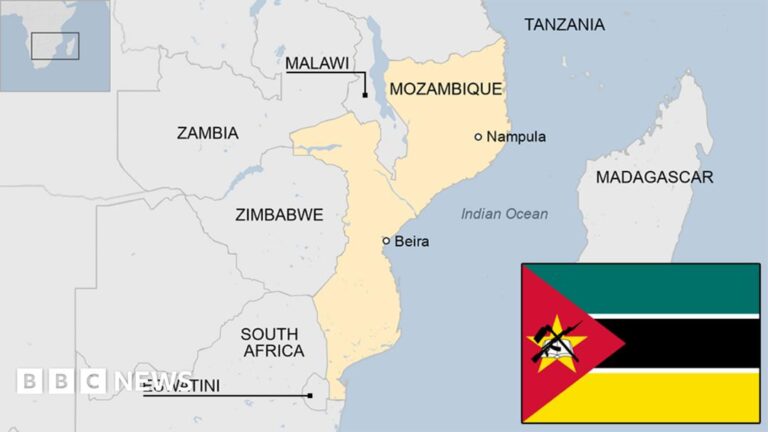Mali’s Interim President Assimi Goita has solidified his grip on power by signing into law a bill that grants him a renewable five-year presidential term, effectively allowing him to lead the West African nation for an indefinite period without the need for a popular election.
The move, which has now drawn widespread criticism from both domestic and international observers, signifies a departure from earlier promises made by the junta of a swift return to civilian rule. The bill which was passed by 131 members of the 147 legislators that make up the national transitional council (NTC) signifying overwhelming support; grants General Goita a five-year mandate that can be renewed “as many times as necessary” until the country is deemed “pacified.” This effectively extends his presidency until at least 2030, and potentially much longer, raising serious concerns about democratic backsliding in a nation already grappling with instability and extremist violence.
Goita, who seized power in two coups – first in August 2020 and again in May 2021 – had initially pledged to oversee a transition to democratic elections. However, those deadlines have been repeatedly missed, with the military junta citing security concerns and the need for comprehensive institutional reforms. Critics argue that these justifications are merely a pretext for consolidating authoritarian rule.
Meanwhile, the new law also grants Goita and other members of the transitional government and parliament the right to run in future presidential and legislative elections, despite previously imposed restrictions that barred transitional authorities from contesting. This further cements the military’s influence over Mali’s political landscape.
Although, supporters of the bill, including NTC president Malick Diaw, have hailed it as a “major step forward in the rebuilding of Mali” and a reflection of the “popular will,” dissenters both within Mali and abroad contend that it suppresses political pluralism and erodes fundamental freedoms. The junta’s recent actions, including the dissolution of all political parties and a ban on public gatherings in May, have only amplified these concerns. The international community, particularly regional bodies like ECOWAS, had previously pushed for a return to constitutional order and civilian governance in Mali. However, the latest developments indicate a clear entrenchment of military rule, potentially leading to further isolation for the Sahelian nation. As Mali faces ongoing security challenges from various insurgent groups, critics warn that the lack of democratic accountability and growing repression could escalate, rather than resolve, the country’s deep-seated issues.




